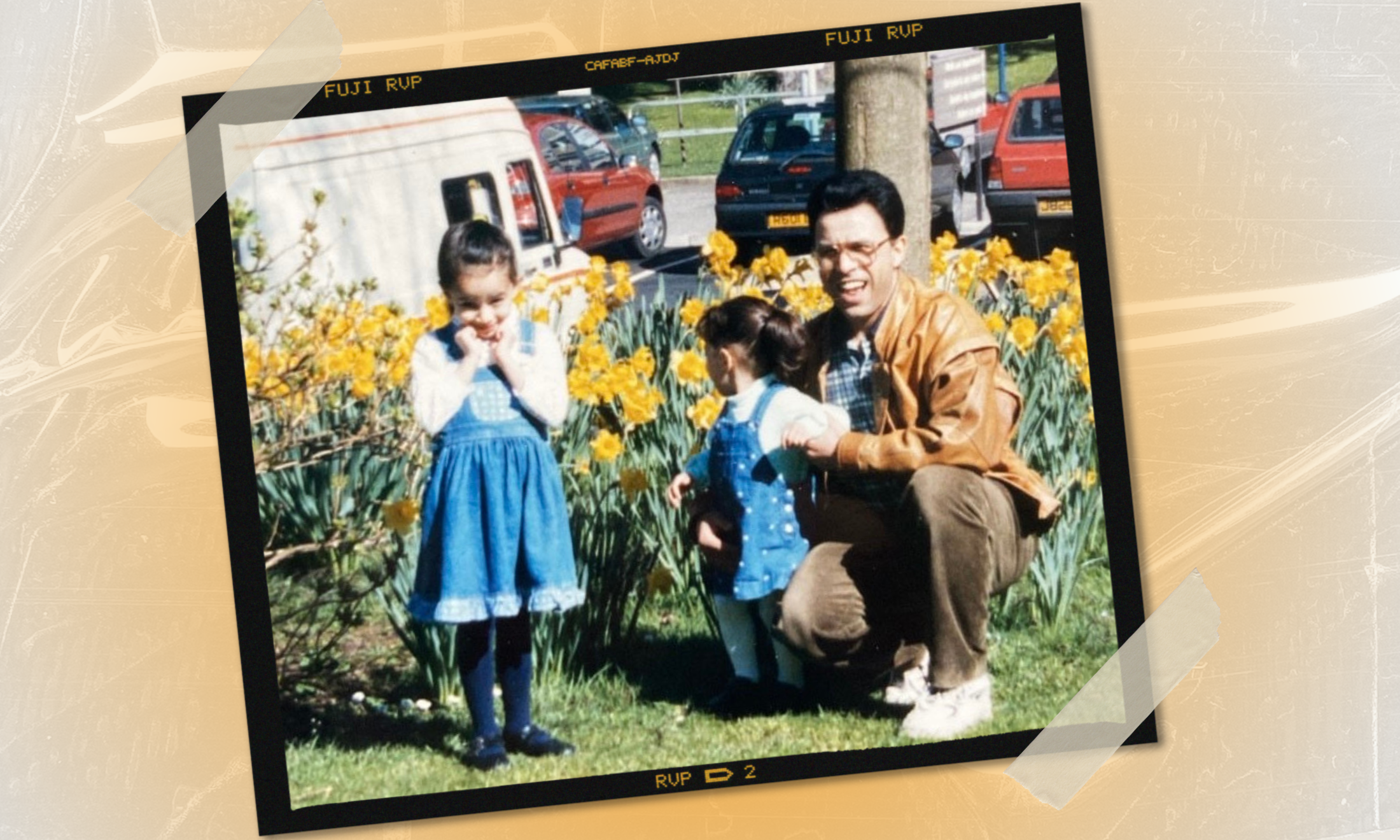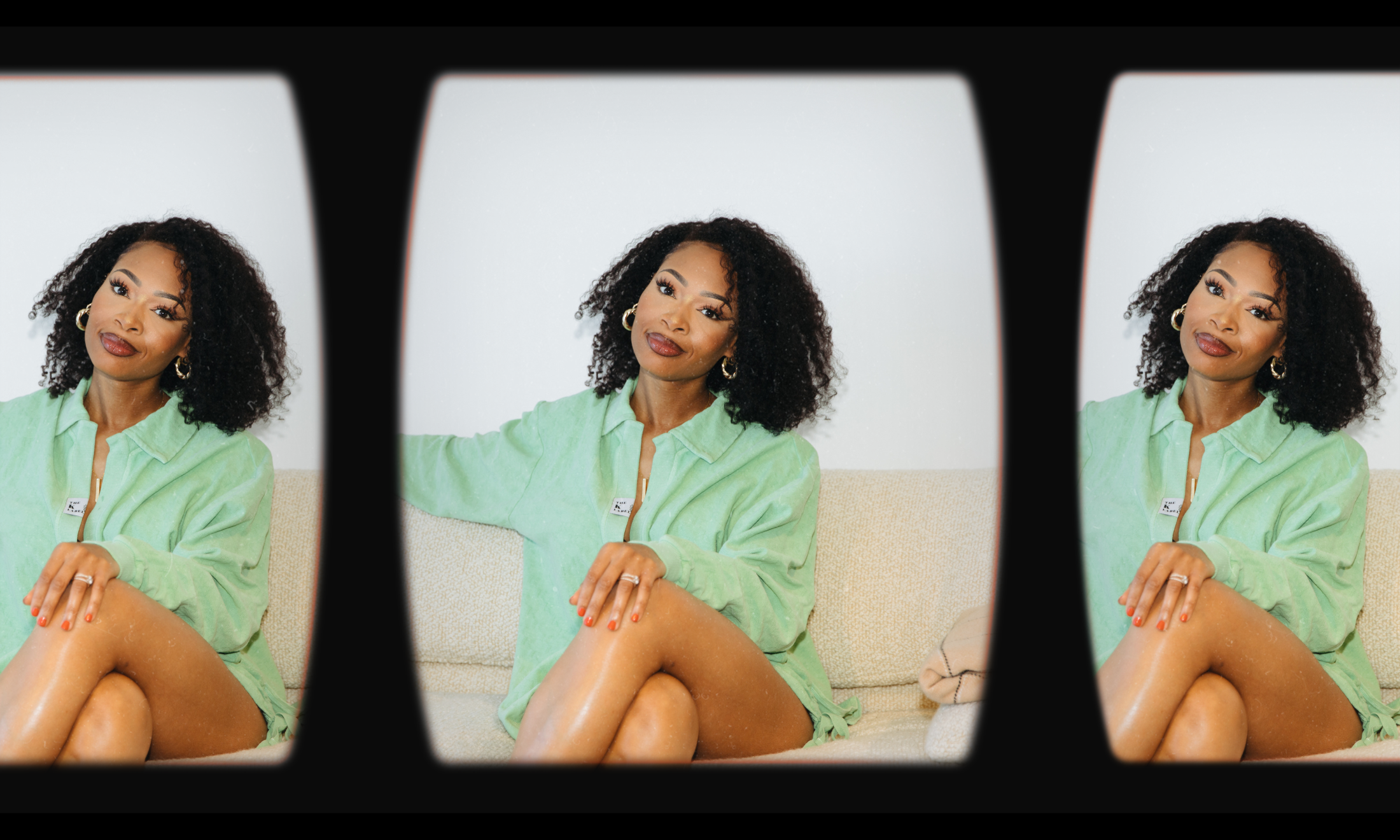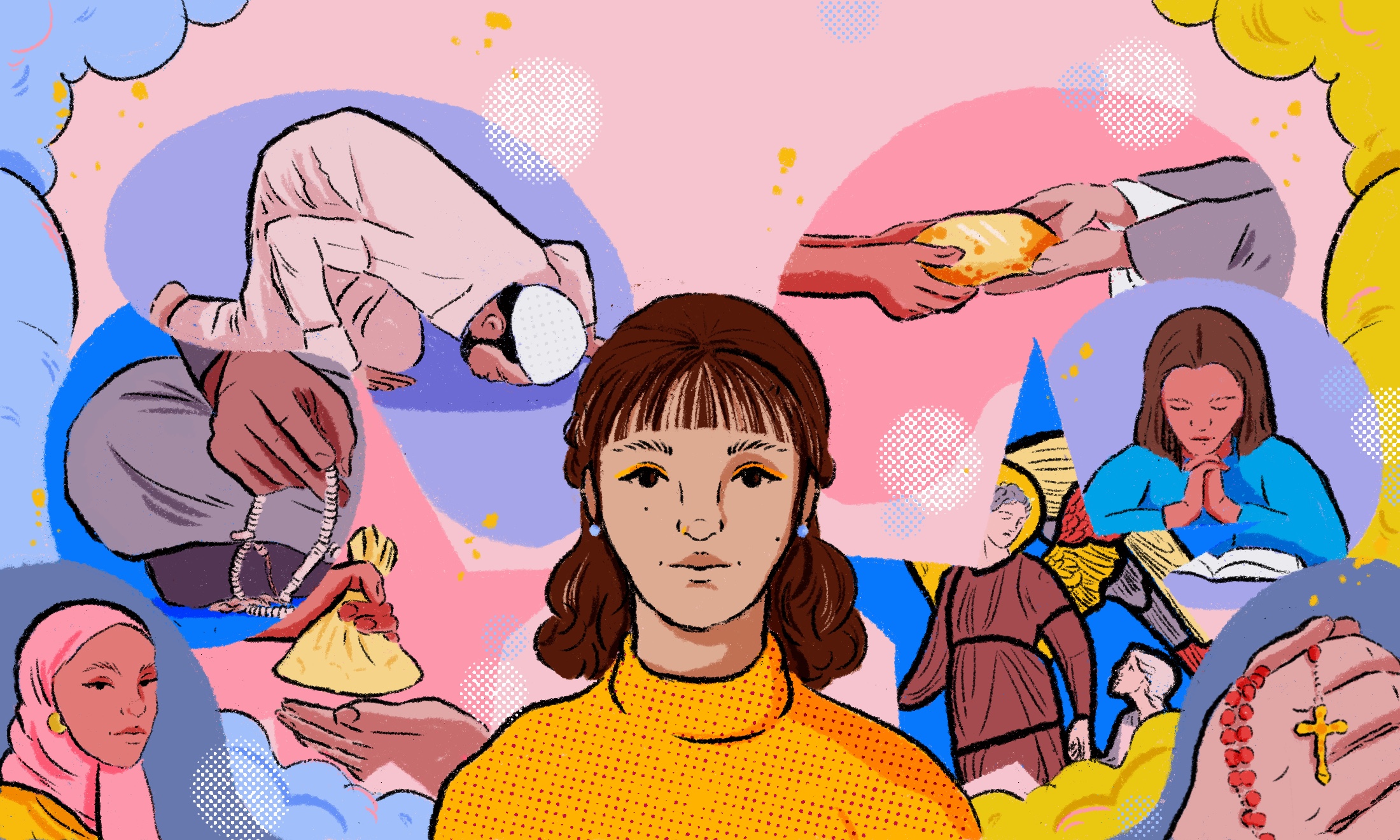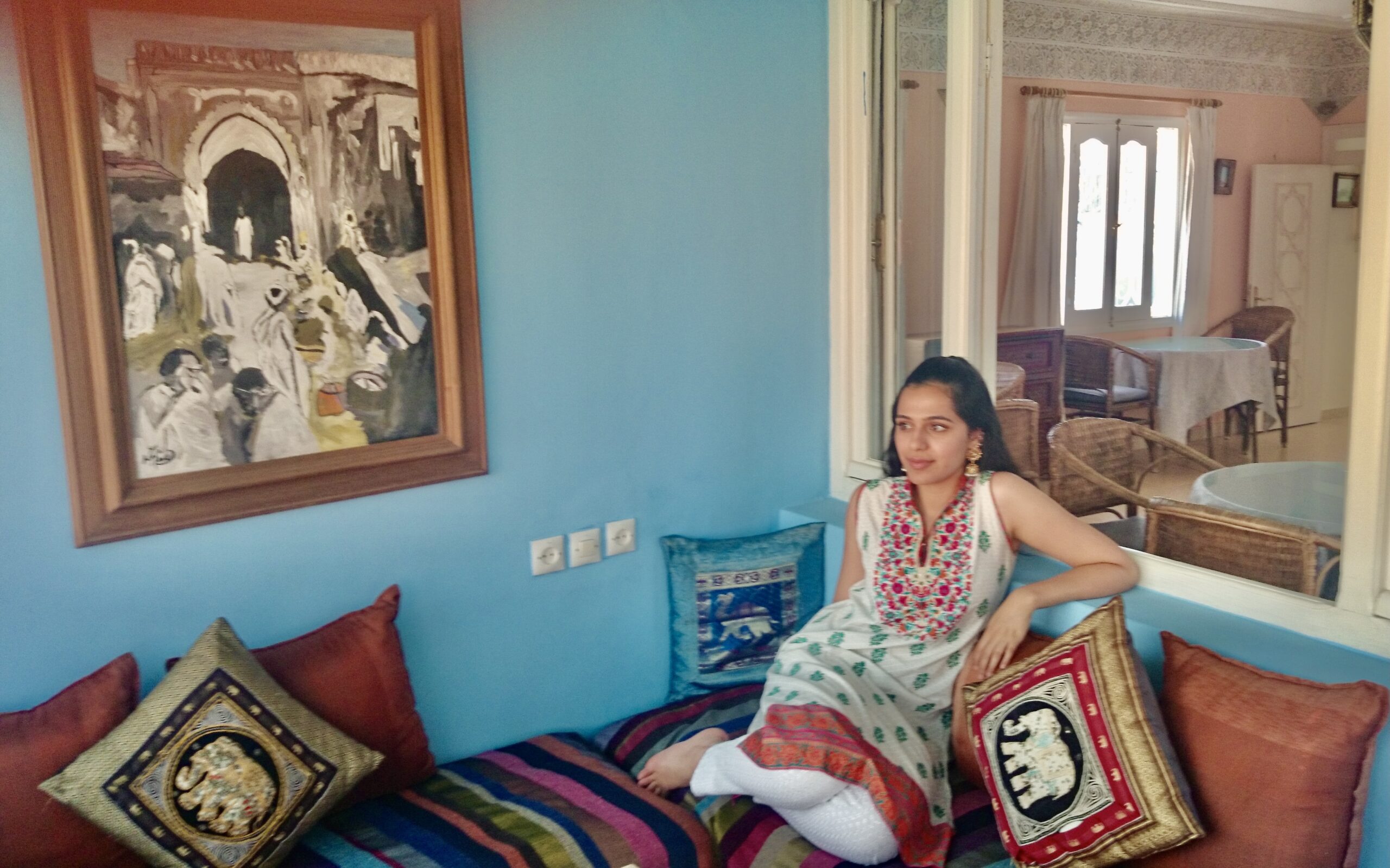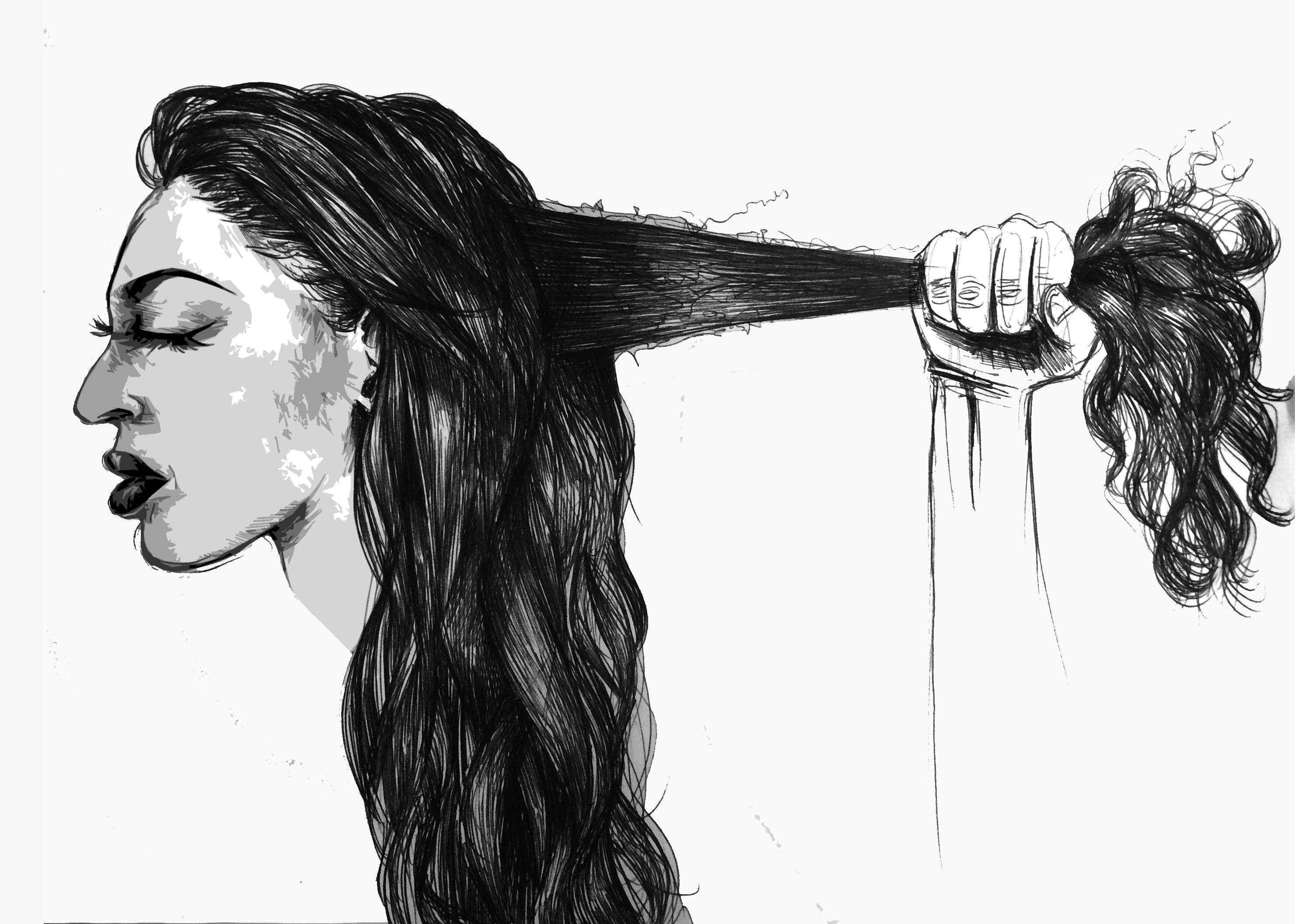
It always starts off something like this: “Your hair is so long!” Followed by a response I have repeated so often it has become almost second nature: “Yes, it’s because I’ve never cut it.” Cue the questioning:
“What do you mean never?”
“Like, not even trimmed it?”
“Have you ever been tempted?”
“Not even a little bit?”
“But what happens if it grows to your feet?”
“Do you ever accidentally sit on it?”
“What happens if you cut it?” (I hated this question the most as a kid, so I used to tell people that the Earth would stop and God would come down to condemn me.)
This is followed by perhaps the most threatening question of all: “What happens to you if I cut it?” It’s surprising how quickly something can turn so insidious. It seems bizarre to even write it down but yes, that sequence of questioning has happened to me on more than one occasion.
“As a Sikh, I believe that my hair is a gift from God and as such, I let it grow as a sign of respect for God’s creation”
As a Sikh, I believe that my hair is a gift from God and as such, I let it grow as a sign of respect for God’s creation. I understand people’s fascination with my hair – I know that it’s unusual to have never cut it. But what I don’t understand is why I have to deal with people who feel the need to say/do things that are, quite simply, intrusive and downright offensive.
The first racist attack I encountered featured my hair heavily. I vividly remember the day it happened. I was five years old and had arrived in the UK just a few months earlier. My mum had just washed mine and my older sister’s hair which we left out to air-dry. Usually, we had our hair tied up because otherwise it became tangled and was generally too long to handle. Being my five-year-old self, I suggested to my sister that we go to the park outside my house to play.
Our first target was the swings – they were my favourite because I loved how as soon as you went slightly high, it felt like you could launch off and fly. Not long after, two white girls, not much older than us, entered the playground. Setting their eyes on the swings too, they shouted at us to get off. When we didn’t, they began hurling racial slurs of “go home”. Then came the pulling of the hair – coming from behind me, one of them grabbed my hair in an attempt to drag me off the swing. This was less than a year after I came to the UK—it was a truly British welcome that I would never forget.
People’s need to tug my hair continues to present day. A few months ago, I was out with friends and two white men were standing behind me. I heard one of them ask the other how he could get my attention; I ignored them both and continued the conversation with my friend. Then it happened— one of them reached for my hair and pulled it. It was followed by laughter and the words “Oh my God, her hair is so long I bet she can’t even feel this.” I wanted to turn and scream at the top of my lungs that “Yes! Just like your hair, every strand of my hair is also attached my head so when you tug at it, of course I feel it.” But, because it happened so quickly, I didn’t react and was instead stunned into silence. To me, my hair is sacred and to have it disrespected in such a way is the equivalent to a slap on my face.
“As a teenager, I was constantly terrified that somebody would cut off my hair in a fit of rage. It had happened to people I knew”
As a teenager, I was constantly terrified that somebody would cut off my hair in a fit of rage. It had happened to people I knew; relatives who had travelled to the UK and been detained in detention centres had had their hair forcibly cut. Partly due to this, any abuse directed at my hair filled me with deep unease. In Year 9, I remember being stood in the lunch queue as I was verbally abused, with my hair the main target again. People who usually stood behind me in the queue would touch my hair and make comments, and I didn’t mind until this day when a girl in my year shouted “Who the fuck do you think you are? Fucking Rapunzel?” The laughter this elicited stunned me. I have tried to put it down to ignorance but that doesn’t mean it hurt any less. It was a pathetic insult but years later and it has still stuck with me.
A microaggression I often encounter is that people touch my hair without permission. Recently, somebody I knew came up to me and even before they’d said hi, their hands were already on my hair, stroking it like you would an animal in a zoo. Initially, I saw it as a sign of affection and didn’t say anything. But in hindsight, I thought of myself in that situation; going up to that person and instantly reaching for their hair. That would never happen. So why was it okay for that happen when my hair was in question? It almost felt as if I wasn’t a person in that instance, I was simply an object of interest – something different, and dare I say it, “exotic”.
To me, my hair carries a story. It carries the histories of my people – the followers of the Sikh faith – and the years of oppression we have faced and continue to do so. In school once, we had to write about our best friend and me being the #creative 15-year-old I was, I wrote about my hair. My identity has always been deeply, considerably rooted in it.


